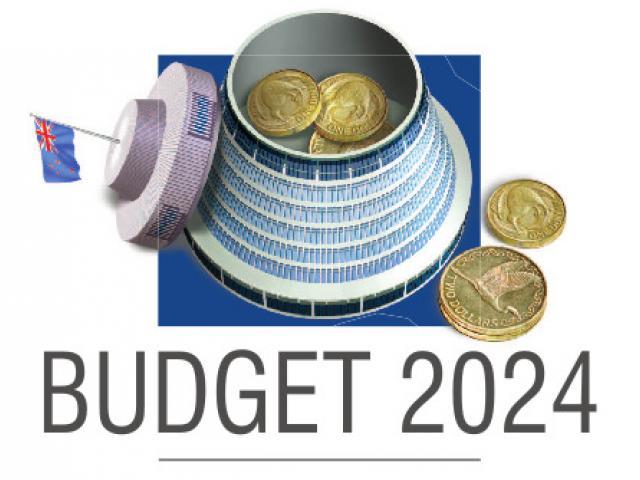
She "delivered" on the tax cuts/tax relief as promised and managed something extra for health, education and law and order. She did not blow out the books too badly.
The trimming here and slicing there and scrounging together extra income allowed her, in one sense, to cover the $3.7b a year for tax changes.
However, faced with a deteriorating economy, the government will be borrowing more. Higher interest rates and increased debt also add to the spending. The operating deficit is forecast to peak at $13.4 billion in 2025.
Only in 2027-28, and only if there are no natural disasters or world economic crises, will the government’s books work their way back to surplus. The accounting is tight and leaves no room to move.
Cancelling the tax changes would have reduced the deficit and allowed for an earlier return to surplus. In that way, the government is borrowing for "tax cuts".

Nevertheless, there remain enormous unmet needs in many parts of society.
National’s trump is to appear more trustworthy than Labour with the economy. This is the image Ms Willis is endeavouring to project. She promised the tax changes and she delivered. She said more would be spent on key frontline services, and there is some of that.
She wants to make a virtue of being predictable, of being steady, of rebuilding the innings (the economy) rather than trying to do it all in year one and smash it out of the park.
This is sensible. The chill of higher interest rates has accentuated a national funk. Sentiment has turned gloomy. A faster return to surplus and Government slashing of overall spending could have spiralled into an economic overshoot.
Serious damage to a fragile economy could have been severe and long-lasting.
The woes mean the tax changes — and income support measures like the FamilyBoost and in-work tax credits — will not be as inflationary as they might have been. Higher interest rates, soaring rates, insurance and soon power bills will soak up much or sometimes more than the "relief". People are not in a spending mood.

Tax bracket adjustments were the main means to deliver "tax relief". Higher earners were always going to receive more in dollar terms because changes at each level flow through. The government, however, has not increased the $180,000-a-year band for the 39c rate.
Ms Willis made great play of the fact the brackets had not been altered for 14 years, in effect tweaking up taxes every time anyone received a pay rise.
Ms Willis did not, though, introduce a mechanism to index for bracket tuning. She, like her predecessors, will benefit from this form of tax increase each year. The adjustments also fall well short of 14 years’ worth of bracket creep.
As expected, Ms Willis blames the economic woes on the profligate previous lot, in part fair enough and sometimes exaggerated.
Also, inevitably, Labour and the Opposition point to the $2.9b for "tax cuts to landlords". That figure is over four years. In the government’s way of speaking, the $729m a year is "on restoring interest deductibility for residential rental property".
The government could point to a Pharmac "fiscal cliff" left by Labour and the need to shore that up. Labour is exploiting National’s broken promise to fund 13 more cancer drugs.
On the right of politics, Ms Willis is seen as failing to shrink the size of the government and to seriously tackle structural economic problems. On the left, she is painted as miserly and mean.
The differing positions will not make her too unhappy. After all, she made much play in the lead-up to the Budget about a "fair balance".
Balancing the books, however, is still years away.











